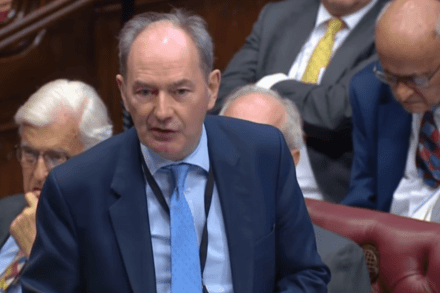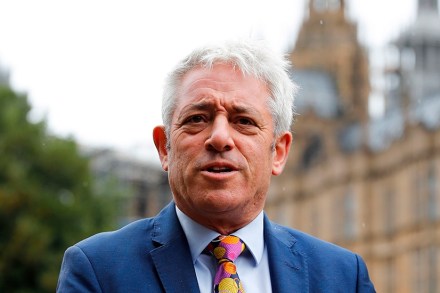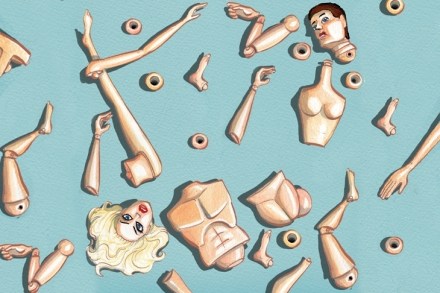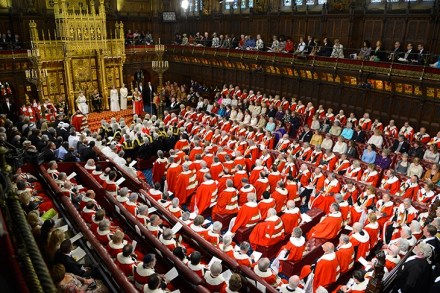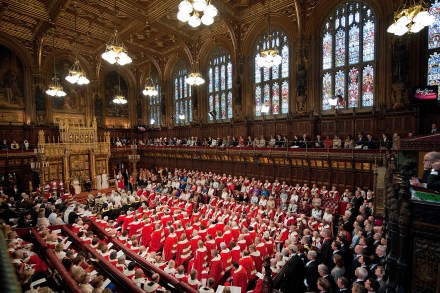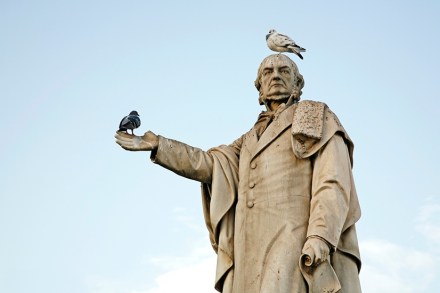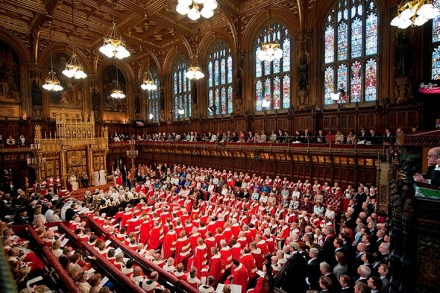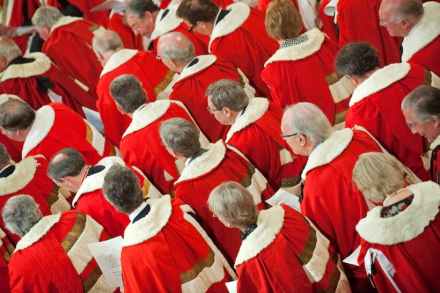Lords blows six figures on correcting its peers
While much ink has been spilled over the Covid Commons, far less has been written about the Lords. Overlooked and unloved, the impact of the pandemic on the Upper House has attracted little of the attention granted to their elected counterparts – despite increasing rumblings about the chamber’s future direction. In September, Mr S brought news of discontent among peers at recent efforts by self-styled modernisers in the Palace to usurp what many feel are the traditional rights of members of the Upper House. Lord Forsyth, the newly elected chair of the Association of Conservative Peers, cited discontent with the administration of the House as a major factor in his victory, telling Mr S



